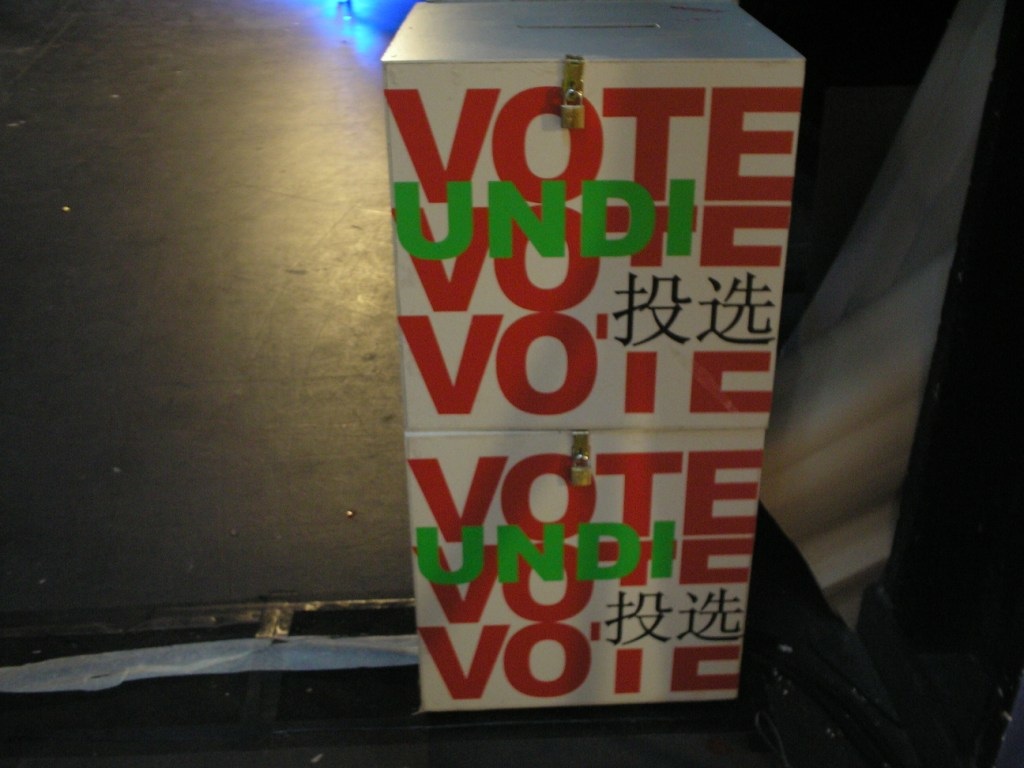| For perhaps as many as nine official presidential electors, Dec. 19 will be the day they hope to party like it’s 1836. They are part of the last ditch effort, after many earlier ditched efforts, to finally change the outcome of the presidential race. Regardless how we feel about the president-elect, we should hope the party falls flat. While the nation’s founders argued the Electoral College was a hedge against the public being |
| | seduced into electing someone who isn’t qualified, the practical truth is that changing the outcome at this time would plunge us into turmoil and completely erode faith in national elections — two things we really don’t need at the moment. Not that this faith isn’t already fading for some. If the Electoral College were a church, its collection plate would getting lighter by the day. Even a strong supporter of it such as myself gets a little queasy when confronted with Hillary Clinton’s popular vote advantage, currently at more than 2.6 million. Yes, the Electoral College exists to remind us we are a nation of states. Yes, it forces candidates to examine the unique concerns of those states. And yes, even Clinton has only 48.2 percent of the vote, which is well short of a national majority. But the president is supposed to represent the entire nation. Doing so with moral authority gets a little tricky with such a huge vote deficit. At the least, it argues against a great mandate for change, which is what Donald Trump seems determined to impose, one way or another. It doesn’t matter that the Hamilton Electors, the official group trying to organize a electoral coup, wants everyone to unite behind a compromise Republican candidate, such as Ohio Gov. John Kasich. If Trump lacks a clear mandate, imagine how powerless a Kasich administration would be, pursuing ideas his own party rejected during primary elections. Given the state of the world, the United States doesn’t need a politically powerless commander in chief. And yet the lobbying continues. My colleague and friend Lisa Riley Roche of the Deseret News recently reported on the thousands of emails Utah’s six electors are receiving, urging them to go rogue. It’s a wasted effort. In Utah, the law requires them to vote for the candidate who received the most votes in the state or to be replaced by someone who will. Elector and Salt Lake County Councilman Richard Snelgrove was quoted as saying he would vote for Utah’s winner regardless. “No one elected me king to go in there and defy the will of the people,” he said. Ah, but that’s where he’s wrong. Actually, the founders did intend for him to be a king, or at least one of 538 small-k kings. The Hamilton Electors didn’t choose their name just because Hamilton, of all the founders, is the belle of the ball on Broadway right now. They quote him as writing: “The process of the Electoral College affords a moral certainty, that the office of the president will never fall to the lot of any man who is not in an eminent degree endowed with the requisite qualifications.” Snelgrove and his colleagues are all that stands between us and the tyranny of majority rule. Unfortunately, the founders’ remedy is a bit too drastic in modern America. So far, only one Republican elector, Christopher Suprun of Texas, has announced he will not vote for Trump. Politico.com reports at least eight Democratic electors will join him. Why are they hoping to party like it’s 1836? That was the only year when rogue electors had an effect on the outcome. As is often the case with U.S. history, the details are uncomfortable for modern ears. Virginia’s 23 electors didn’t like Richard M. Johnson, the presumptive vice president to Martin Van Buren, because he was open about his relationship with a slave mistress. They weren’t upset that she was a slave, mind you, just that she was his mistress. They abstained, and that turned the race over to the Senate, where Johnson was elected, anyway. This year it would take 37 Republican electors to send the race to the House. That isn’t going to happen, and we should be glad. |


 RSS Feed
RSS Feed

